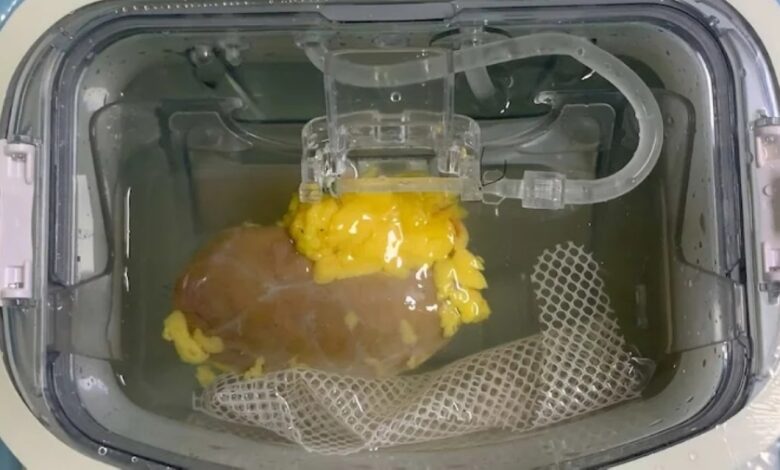
Researchers at the University of Cambridge have created an artificial kidney that can be transplanted into patients regardless of their blood type, offering hope to millions suffering from kidney failure worldwide.
Led by Dr. Andrew Smith, the team used biological bioengineering techniques to remove blood type antigens. Animal trials showed a 95% improvement in transplant compatibility compared to traditional methods, significantly reducing organ rejection, which affects about 20% of conventional kidney transplants.
Dr. Smith highlighted that the innovation could cut transplant wait times by 70%, saving lives for patients dependent on dialysis. Human trials are planned for 2027, with a goal of developing commercial versions suitable for hospitals.
This breakthrough could alleviate pressure on healthcare systems, reduce reliance on local donors, and improve patient outcomes, particularly as kidney failure rates rise due to conditions like diabetes and hypertension.




























